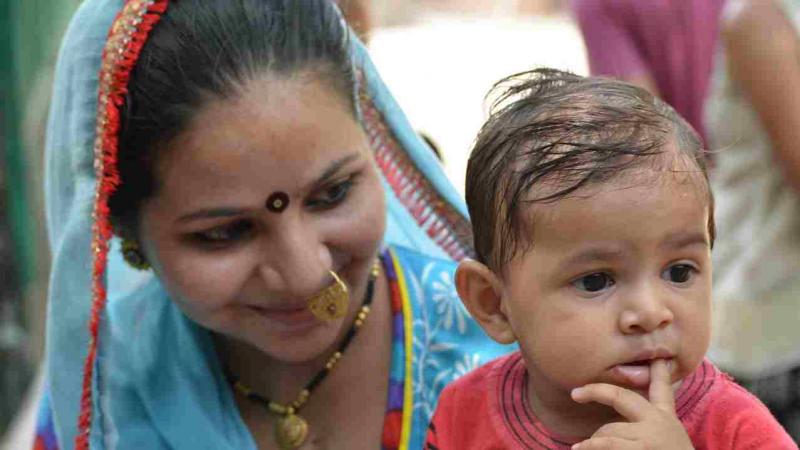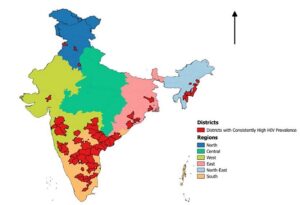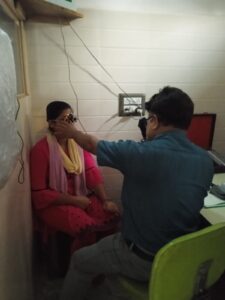The highs and lows of India’s child nutrition program

Neucrad Health India April 4, 2019 News credit: By Paramananda Barman, Research Matters
Access to nutritious food is the bedrock of human development. However, some parts of the world, including India, face massive challenges in providing nutritious food to all, leading to malnutrition, stunting and mortality. The most vulnerable ones to malnutrition are young children and pregnant or lactating mothers. India has tried to address this challenge through the Integrated Child Development Services (ICDS) program that provides nutrition and health support to children under six years and pregnant or lactating mothers. Now, a study by researchers at the International Food Policy Research Institute, Washington DC, USA, has assessed the reach of this program to the intended beneficiaries and its shortcomings.
ICDS is one of the world’s most
extensive nutrition programs which provides take-home supplementary
food, hot cooked meals, health and nutrition-related education, health
check-ups, immunizations, growth monitoring and pre-school childcare
services. Launched in 1975, it significantly expanded after 2006.
Presently, about 82 million young children and 19 million pregnant women
and lactating mothers benefit from it.
The researchers analysed data
from two national family health surveys conducted in 2005–2006 and
2015–2016, which covers all states and union territories. They then
measured the impact of ICDS over the decade in reaching the
beneficiaries with diverse education, caste, and regional backgrounds.
The study found that the program and its services had expanded very well over the decade. In 2006, less than 25% of pregnant and lactating mothers had access to supplementary food in most states. However, over the next decade, there was a three-fold increase (9.6% in 2006 to 37.9% in 2016) in beneficiaries getting supplementary food. Food supplementation during childhood expanded by more than half in the central and southern states.
There was almost a seven-fold surge in the reach of health and nutrition-related education (3.2% to 21.0%) and the use of health check-ups (4.5% to 28%). The coverage of child-specific services like immunisation doubled (10.4% to 24.2%) during this period. Besides, the proportion of mothers with no formal schooling almost reduced by half—from 46.3% to 27.0%—during this period. The number of individuals with health insurance increased from 3.7% in 2006 to 24.3% in 2016.
The researchers also observed that there
was a decline in caste and tribe-based exclusion of beneficiaries from
the program. “The caste differences appear to favour the traditionally
marginalized scheduled castes and scheduled tribes groups compared with
the general castes, after controlling for wealth”, say the researchers.
They also observed that families gave equal preference for the benefit
of a female child from these services.
One of the concerns found in
the study was the prevalent exclusion of the poorest section of the
society from the services provided by ICDS. The researchers point out
that reasons like difficulties in reaching remote or difficult
geographical areas and exclusions within villages due to caste could be
behind this shortfall. Most of these exclusions were observed in Bihar
and Uttar Pradesh, where undernutrition is rampant. “Further
investigations around the potential reasons for exclusions could help in
addressing inequity gaps”, they suggest.
The researchers see a bright future for ICDS and hope that their findings could be used by other countries trying to expand similar services.
“India’s policy reforms have increased coverage of the programme at the national level, including for marginalized groups. With further scaling-up, the programme needs to focus on reaching households from the lowest socioeconomic strata and women with low education”, they conclude.
Image and News credit: By Paramananda Barman, Research Matters









